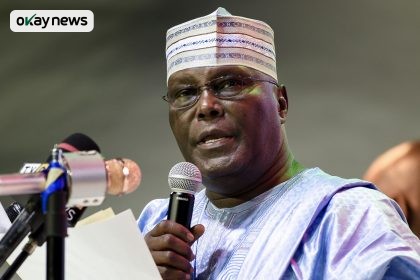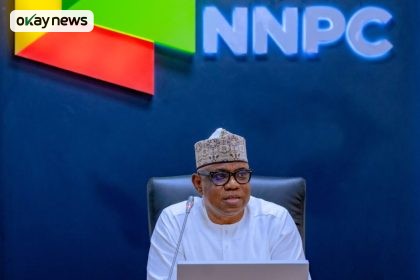The Nigerian government has launched an ambitious plan to revitalise its ailing power sector, which could finally provide relief to millions of Nigerians suffering from chronic electricity shortages. According to Bloomberg, the government hopes to recruit $15 billion in private investment to help close a startling $23 billion financing imbalance. This project, presented during the World Bank Energy Summit in Tanzania, emphasises the necessity of addressing Nigeria’s energy crisis, which has left 86 million people without access to electricity.
Nigeria, despite boasting significant natural gas reserves, substantial hydropower potential, and abundant sunlight, grapples with a paltry 13,000 megawatts of installed generation capacity. This woefully inadequate output translates to frequent blackouts, forcing millions to rely on expensive and polluting private generators. This not only strains household budgets but also severely hinders economic growth. For perspective, South Africa, with a population roughly one-third that of Nigeria, boasts a generation capacity of approximately 52,000 megawatts.
The government’s power sector reform agenda is multifaceted. A key focus is on expanding the share of renewable energy in the generation mix from a current 22% to a target of 50% within the next five years. Simultaneously, the plan aims to significantly accelerate grid connections, more than doubling the number of households connected annually.
Read Also:
Nigeria Attracts $6.7 Billion in Energy Investments in 2024, Driving Sector Growth
To ensure the long-term viability of the sector, the government will implement a cost-reflective tariff system by 2027. This move, while necessary to ensure financial sustainability, will be carefully calibrated to protect vulnerable households from the full impact of higher tariffs through a robust buffer mechanism.
Subsidy reform remains a critical component of the government’s strategy. While the removal of subsidies for a segment of urban households last year led to a significant tariff increase, the government acknowledges the need for targeted support for the most vulnerable populations. The provision of 50-kilowatt hours (kWh) of subsidized electricity per month to all households, either through direct consumption or vouchers, is a key element of this strategy, ensuring access to basic electricity for even the most impoverished Nigerians.
The Nigeria Power Sector Reform come at a pivotal moment for Nigeria. The country faces a daunting task: to overcome decades of underinvestment, address systemic inefficiencies, and create a sustainable and equitable energy future. The success of this ambitious plan hinges on effective implementation, robust private-sector participation, and a sustained commitment to transparency and accountability.







